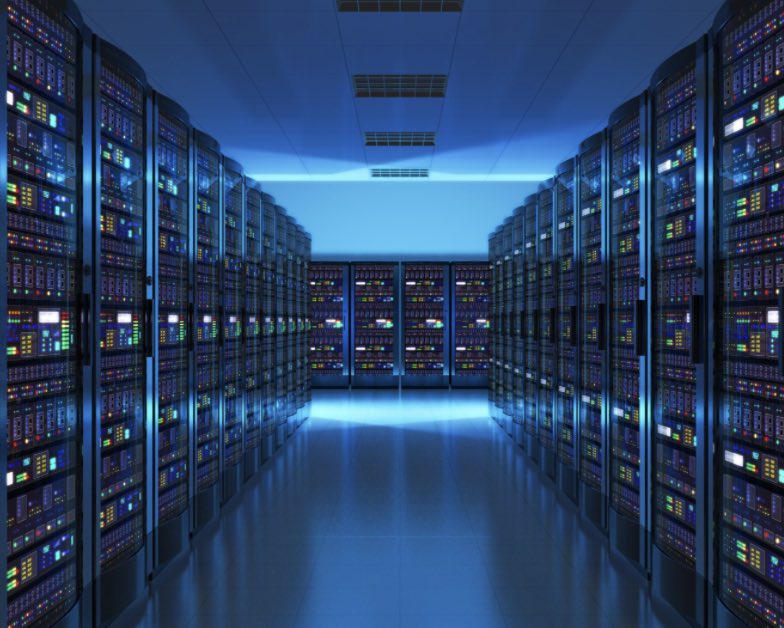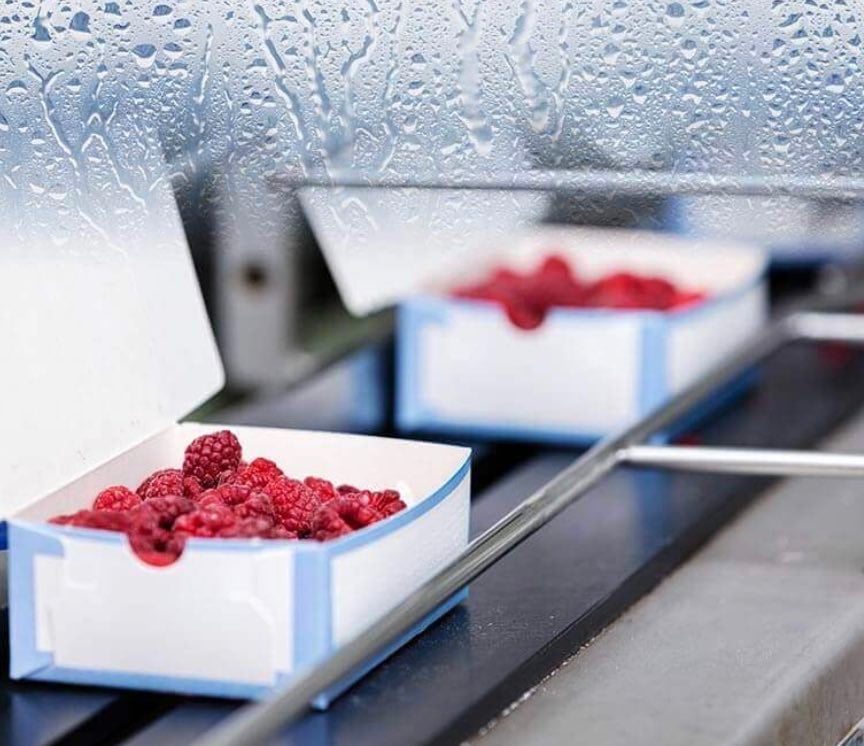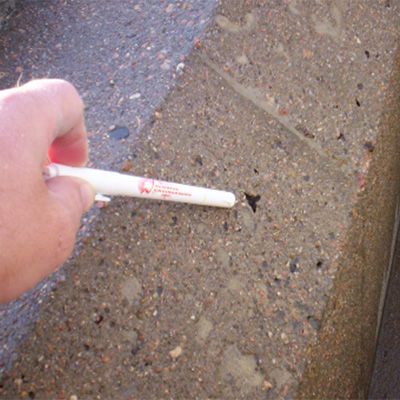
Data Center Resinous Flooring Systems
Data center flooring isn't just about aesthetics or basic functionality—it's an integral part of the facility's overall performance and reliability.
- High Performance Coatings
Ensuring the longevity and safety of data center servers requires specialty coating systems.
Data Center Resinous Flooring: When Performance Matters Most
In the digital age, data centers serve as the backbone of our interconnected world. These mission-critical facilities house millions of dollars worth of sensitive equipment and operate 24/7, requiring infrastructure that can withstand demanding conditions without compromise. While significant attention is paid to power systems, cooling infrastructure, and network architecture, one crucial component often overlooked is right beneath our feet: the floor.
The Foundation of Reliability
Data center flooring isn't just about aesthetics or basic functionality—it's an integral part of the facility's overall performance and reliability. Resinous floor coatings have emerged as the gold standard for modern data centers, offering a combination of durability, protection, and performance that traditional flooring solutions simply cannot match.
What Are Resinous Floor Coatings?
Resinous floor coatings are high-performance, seamless floor systems created by applying multiple layers of resin-based materials directly to a concrete substrate. These specialized coatings create a monolithic, non-porous surface engineered to meet the specific demands of high-tech environments.
The primary resin types used in data center applications include:
- Epoxy: Offers excellent chemical resistance and durability
- Polyurethane: Provides superior flexibility and abrasion resistance
- Polyurethane Cement: Features exceptional thermal stability and impact resistance
- Polyaspartic: Delivers fast installation and UV stability

Figure 1: Comparative analysis of resin types across key performance metrics
Critical Performance Factors in Data Center Environments
1. Electrostatic Discharge (ESD) Protection
Perhaps the most vital performance characteristic for data center flooring is ESD protection. A single electrostatic discharge event can damage sensitive electronic components, corrupt data, or cause complete equipment failure. High-quality resinous flooring systems designed for data centers incorporate conductive or static-dissipative properties that:
- Control the generation of static electricity
- Dissipate static charges safely to ground
- Maintain resistance readings within the critical 1×10^6 to 1×10^9 ohm range
- Provide consistent electrical performance throughout the floor's lifespan

Figure 2: Electrical resistance ranges for different flooring solutions (lower is more conductive)
2. Structural Performance
Data centers contain extremely heavy equipment, with server racks weighing hundreds or even thousands of pounds. Resinous flooring systems must deliver:
- Compressive strength: Typically exceeding 10,000 psi to withstand point loads from equipment
- Impact resistance: To endure the occasional dropped tool or equipment component
- Load distribution: Properly transferring weight to the subfloor without cracking or deformation
3. Chemical Resistance
Data centers utilize various chemicals for cleaning, cooling systems, and battery backup units. Resinous flooring must resist damage from:
- Battery acid from UPS systems
- Coolant fluids
- Cleaning compounds and disinfectants
- Oils and lubricants from mechanical systems
4. Thermal Stability
With the intense heat generated by computing equipment, flooring must maintain its performance characteristics across a wide temperature range. Premium resinous coatings:
- Remain dimensionally stable despite thermal cycling
- Avoid cracking or delamination during temperature fluctuations
- Can withstand localized hot spots near equipment
- Support thermal management strategies
Beyond Performance: Additional Benefits
While performance is paramount, resinous flooring offers additional advantages for data center operations:
Cleanliness and Particulate Control
The seamless, non-porous nature of resinous flooring prevents the harboring of dust and particulates that could damage sensitive equipment. The monolithic surface:
- Eliminates joints where dust can accumulate
- Creates an impermeable barrier against moisture and contaminants
- Facilitates effective cleaning protocols
- Supports clean room or near-clean room conditions when required
Aesthetic and Wayfinding Integration
Modern resinous flooring systems can incorporate:
- Color-coding for different zones (hot/cold aisles, maintenance areas)
- Safety markings and indicators
- Corporate branding elements
- Reflective properties to enhance lighting efficiency
Sustainability Credentials
Many current-generation resinous flooring systems offer impressive environmental benefits:
- Low or zero VOC formulations
- Extended lifecycle reducing replacement waste
- Compatibility with efficient underfloor air distribution systems
- Potential LEED credit contributions
- Reduced maintenance resource requirements
Installation Considerations for Optimal Performance
Even the highest-quality resinous flooring will fail to deliver its promised performance without proper installation. Critical factors include:
- Substrate preparation: Thorough concrete testing, grinding, and treatment
- Environmental controls: Maintaining precise temperature and humidity during application
- Professional application: Ensuring consistent thickness and cure times between layers
- Testing validation: Confirming ESD properties, adhesion, and performance metrics before commissioning
Maintenance to Preserve Performance
Properly installed resinous flooring requires minimal maintenance, but regular protocols should include:
- Routine dust removal with microfiber systems
- Prompt cleanup of any spills or leaks
- Periodic verification of ESD properties
- Inspection for any damage requiring spot repairs

Figure 3: 10-year total cost of ownership comparison between flooring types (including installation, maintenance, and replacement costs)
Conclusion: When Failure is Not an Option
In mission-critical data center environments where downtime costs can exceed $9,000 per minute, flooring performance isn't a luxury—it's a necessity. Resinous floor coatings represent the intersection of material science and practical engineering, delivering the reliability, protection, and longevity these essential facilities demand.
When selecting flooring for new data center construction or renovations, facility managers must prioritize performance specifications over initial cost considerations. The right resinous flooring system represents not merely an infrastructure expense but an investment in operational excellence, equipment protection, and long-term reliability.
LET OUR KNOWLEDGE AND EXPERTISE HELP ENSURE YOUR NEXT PROJECT IS SUCCESSFUL

Why Performance and Formulation Matter in...
Why Performance and Formulation Matter in...

Effective Methods to Prevent Condensation in Food...
Explore essential techniques to combat moisture...
